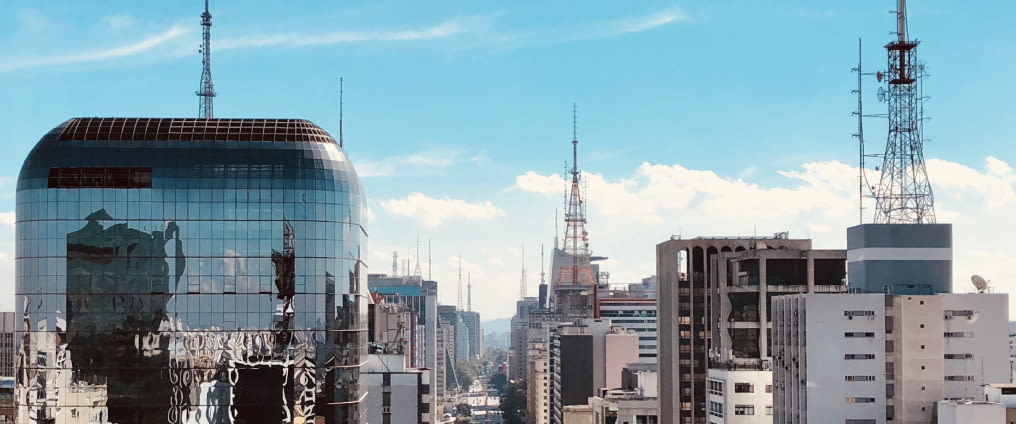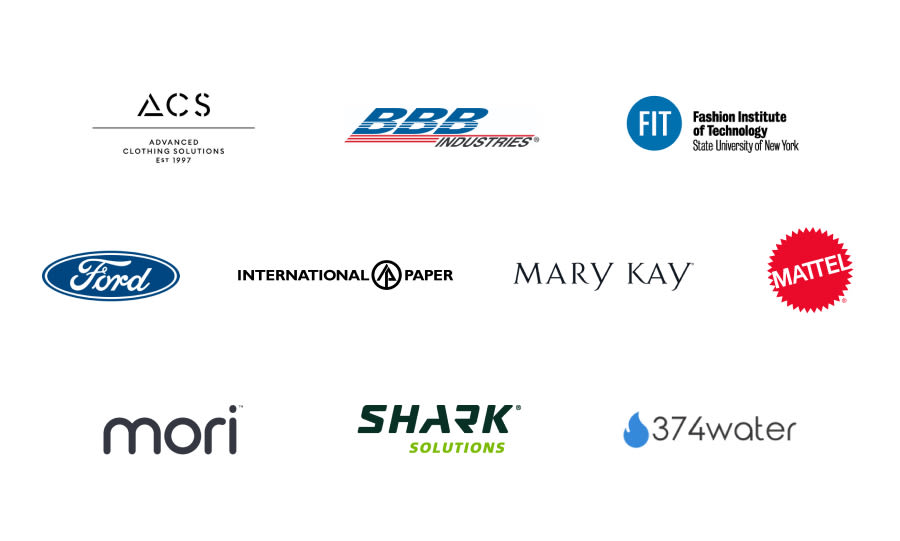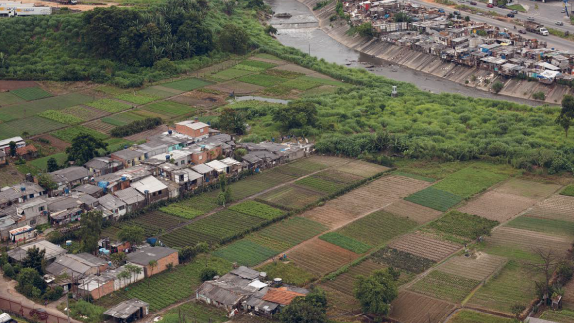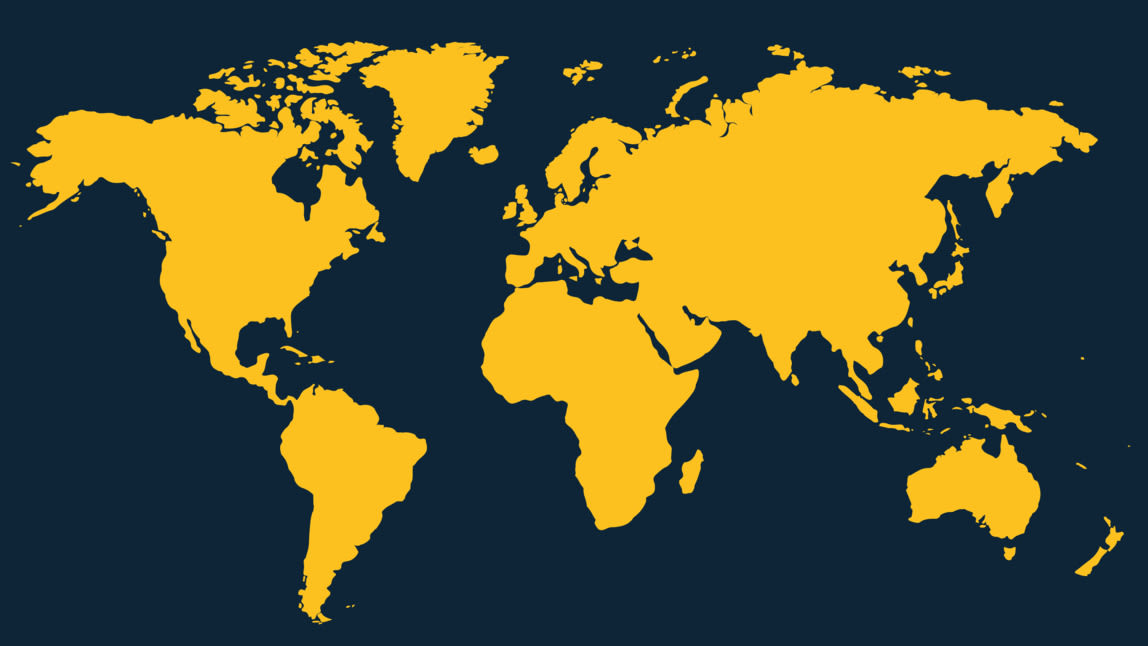We are pleased to announce that the City of São Paulo has joined the Ellen MacArthur Foundation as a Strategic Partner. The partnership will focus on scaling circular economy solutions to meet critical city challenges including economic development and climate change.
São Paulo is the first city to join our Network as a Strategic Partner — a group that already includes global businesses and philanthropic organisations.
The partnership builds on a long history of collaboration between the Foundation and São Paulo, supporting the City’s efforts to make progress against localised Sustainable Development Goals (SDGs). The City was among the first to sign our New Plastics Economy Global Commitment and has since introduced legislation to phase out single-use and problematic plastic packaging.
It is an honour for the people of São Paulo and for our administration, that has invested in and will continue to bet on sustainable development programmes that also aim to create employment and income opportunities, to have São Paulo become the first city in the world to join the international circular economycircular economyA systems solution framework that tackles global challenges like climate change, biodiversity loss, waste, and pollution. It is based on three principles, driven by design: eliminate waste and pollution, circulate products and materials (at their highest value), and regenerate nature. network created by the Ellen MacArthur Foundation. This strategic partnership already is a new milestone in São Paulo’s history, as it will allow us to drive circular economy projects and programmes in a systemic fashion, contribute to the dissemination of this concept not only in Brazil but more broadly in South America, and complement all existing efforts to strengthen our economy and reduce social inequalities.
- Bruno Covas - Mayor São Paulo
In 2019, our Cities and Circular Economy for Food report outlined potential economic, environmental and health benefits worth $140 million in a circular redesign to build a regenerative and socially inclusive food system in the City. As a Flagship City of our Food initiative, São Paulo has been working to demonstrate those benefits — leading a number of initiatives to eliminate food waste and enable regenerative food production in its rural areas, including the award-winning, Connect the Dots project, the municipal food waste prevention programme, the Feiras e Jardins Sustentáveis compostingcompostingMicrobial breakdown of organic matter in the presence of oxygen. project and multi-stakeholder collaborations such as Nespresso Hortas.
Already a flagship city for our Food initiative, and one of the first cities in the world to sign our NPEC Plastics Packaging Global commitment, we are delighted to see our long history of support and collaboration with Sao Paulo extend to this strategic partnership. As Latin America’s largest city, there is no doubt that demonstrating this high level of commitment to a circular economy transition will inspire other cities in their region, and the world, to raise ambitions.
- Andrew Morlet - CEO, Ellen MacArthur Foundation
As cities look to recover from the effects of the COVID-19 pandemic and address major challenges such as climate change, the circular economy offers a systems solutions framework to unlock economic, environmental and society-wide benefits. In June 2020, São Paulo’s Secretary of International Affairs was among the 50 global leaders that signed our joint statement in support of a circular economy response to the economic impacts of the COVID 19 pandemic — now a core pillar of São Paulo’s new climate action plan ‘PlanClima SP’, economic development strategy and Strategic Master Plan review.
The agreement has been signed by the Municipal Secretary of International Affairs, on behalf of Mayor Bruno Covas, and will convene multiple city stakeholders and authorities to build a comprehensive circular economy approach for better growth in São Paulo - including:
Municipal Waste Management Authority (AMLURB), Municipal Government Secretariat (SGM), Municipal Secretariat for Subprefectures (SMSUB), Municipal Secretariat for Economic Development, Labour and Tourism (SMDET), Municipal Secretariat for Human Rights and Citizenship (SMDHC), Municipal Secretariat of Education (SME), Municipal Secretariat for Housing (SEHAB), Municipal Secretariat of International Affairs (SMRI), and Municipal Secretariat for the Environment (SVMA).






